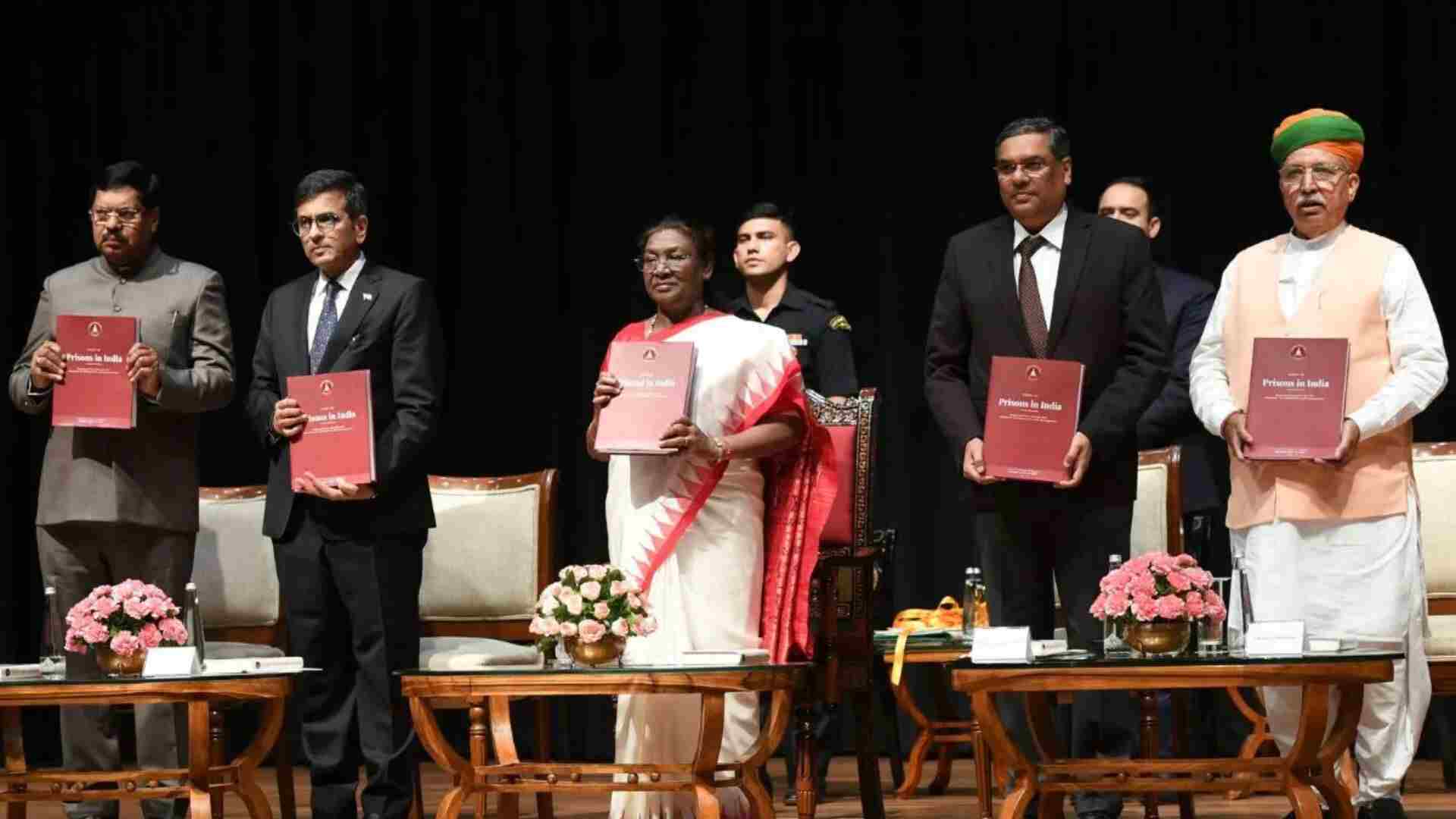
The consolidation of two or more companies is the subject of complicated business transactions known as mergers and acquisitions (M&A). M&A activity has recently increased in India due to globalization, technological development, and shifting business strategies. Telecom, finance, FMCG, construction materials, the auto industry, and the steel industry are a few of the various Indian industries that have recently turned to mergers and acquisitions. India is becoming one of the top countries in the world for mergers and acquisitions as many Indian enterprises are choosing to do so.
The moment of signing the deal to acquire or sell a company is often regarded as a memorable milestone for all parties involved in an M&A transaction. However, it is crucial to recognize that this moment is just one stage within the comprehensive M&A lifecycle. Each step of the lifecycle is interconnected and influences the others, emphasizing the interconnectedness and impact of each stage.
The process of combining two or more businesses with the only goal of maximizing synergies to make sure that the arrangement transaction lives up to its anticipated value is known as post-merger integration (PMI). PMI is a crucial component of mergers since it combines the previous logistical, sociotechnical, and organizational systems of the merging organizations into a single new merged system. Although there are many benefits to cross-border M&A, these benefits are often outweighed by the Post-Merger Integration (PMI) issues that cross-border transactions present, which can limit the potential for long-term value development.
For a transaction to be successful overall, the post-acquisition stage is essential. The goal of this phase, known as post-merger integration (PMI), is to achieve optimal integration of the target company into the acquiring entity or to successfully combine the two businesses into a single, unified entity. This phase acts as a litmus test to see if the planned goals can actually be achieved and if the predicted deal synergies can be realized quickly and effectively.
A smooth and legal transition following a merger or acquisition in India is ensured by the post-merger integration (PMI) regulatory framework. Numerous regulatory bodies and legal frameworks, including labor laws, intellectual property laws, securities laws, foreign exchange management, and tax compliance, regulate various aspects of PMI. While the Competition Commission of India (CCI) oversees mergers and acquisitions to prevent anti-competitive practices, the Securities and Exchange Board of India (SEBI) regulates M&A transactions involving listed corporations. Additionally, the Foreign Exchange Management Act (FEMA) regulates foreign investments, and employment laws safeguard employees’ rights throughout the integration. Intellectual property rights must be thoroughly evaluated, maintained, and there must be assurances that taxes and regulations are being complied with.
Post-merger integration is a crucial and complex stage of M&A agreements that requires precise planning and execution to provide positive results. It includes a range of difficulties, such as cultural differences, communication barriers, system integration difficulties, and personnel retention issues. To implement PMI successfully, focused efforts must be made to fully solve these difficulties. By concentrating on crucial elements like cultural integration, talent retention, and effective communication, human resources (HR) play a crucial role in aiding a successful integration process.
India has recently seen a number of notable case studies and important advancements in post-merger integration (PMI). One such instance is Walmart’s purchase of Flipkart, a prominent e-commerce site. In order to take advantage of synergies, the integration process entailed coordinating supply chains, technology platforms, and business activities. Another noteworthy instance is the merger of the two main telecom firms, Idea Cellular and Vodafone India, which necessitated a significant amount of network, client, and legal compliance integration. Further in the merger between Blackstone-backed Hinduja Global Solutions (HGS) and IT services provider Mphasis. By combining their separate strengths, they aimed to improve client offers and broaden their market reach. Therefore, it can be concluded from the aforementioned case studies that cultural fit and strategic alignment are necessary for successful M&A deals. Further also purchasing a business with a sizable customer base can also be advantageous, although keeping the acquired business independent helps ensure sustained success.
Gaining accurate knowledge of the target’s business, political and legal risks, choosing the right integration speed, cultural differences, and foreign investor fear factors are the five biggest PMI problems in cross-border M&A transactions. Acquirers may make incorrect assumptions about the target’s financial situation, decision-making process, and organizational structure due to a lack of accurate information or inaccurate information. Cross-border mergers may also be impacted by political and regulatory factors, such as employment law and antitrust considerations. The choice of an efficient and successful pace for the integration process is essential, and cultural differences between the firms can present a problem for PMI projects.
Many businesses are hesitant to combine with or acquire unaffiliated businesses. To reduce such risks, it is crucial to foster transparency and an open environment. To prevent cultural disputes, acquirers must assess the target’s innate cultural traits, undertake a cultural diagnosis of the two organizations, and establish a new culture and open lines of communication. Acquirers should anticipate the regulator’s concerns and create a proactive strategy for their defense in order to minimize regulatory traps. Regulatory agencies should be contacted well in advance of the deal closing. In general, successful post-merger integration is essential for India’s cross-border M&A transactions to reach their full potential.
Additionally, due diligence is important for post-merger integration (PMI) in Indian M&A deals. It acts as a thorough evaluation procedure that enables the purchasing firm to evaluate the target company’s assets, liabilities, financial situation, compliance with the law, and operational features. Potential risks, possibilities, and synergies can be found through due diligence, allowing for informed decision-making during the integration phase. Due diligence in the context of PMI aids in assessing how well the two businesses work together, identifying potential integration issues, and developing plans to minimize risks and maximize synergies. Additionally, it makes it easier to find and promptly address any operational, financial, or legal issues that can have an impact on the integration process. Companies can learn more by carrying out exhaustive due diligence.
Further, the role of human resources (HR) is also crucial during the integration process that follows the M&A process. HR is a key element of post-merger integration (PMI) and is responsible for managing workforce integration. Key issues including effective communication, personnel retention, coordinating compensation and benefits schemes, and fostering cultural integration are the responsibility of HR experts. Additionally, HR is crucial in assuring employee involvement, motivation, and knowledge of the new organization’s goals and objectives. HR plays a role in the overall success of the merger integration process by concentrating on these important areas.
A crucial component of post-merger integration in India is maintaining operations continuity. Businesses must make sure the move goes well, minimizing company interruptions and maintaining consumer relationships. Evaluation and integration of important processes, including supply chain management, information technology systems, and customer service, are necessary for effective continuity planning. To build a cohesive and unified entity, it also calls for the alignment of organizational structures, policies, and processes. Companies can retain operational effectiveness, protect market share, and take advantage of the anticipated synergies of the merger or acquisition by putting continuity first during the integration process. By placing an emphasis on continuity, the merged firm is more equipped to overcome obstacles, adjust to market shifts, and succeed in India’s cutthroat business environment.
In conclusion, companies considering M&A deals should prioritize post-merger integration as a crucial stage that affects the deal’s ultimate performance. This calls for a holistic strategy that takes into account both the organizational human factor as well as the operational and financial components. Recognizing the value of talent management, cultural integration, and good communication will help businesses increase the possibility of realizing the predicted synergies and the merger’s full potential. Organizations may successfully negotiate the challenges of post-merger integration and emerge stronger, more unified, and well-positioned for future growth in a dynamic business environment through careful planning, strategic execution, and ongoing monitoring.















